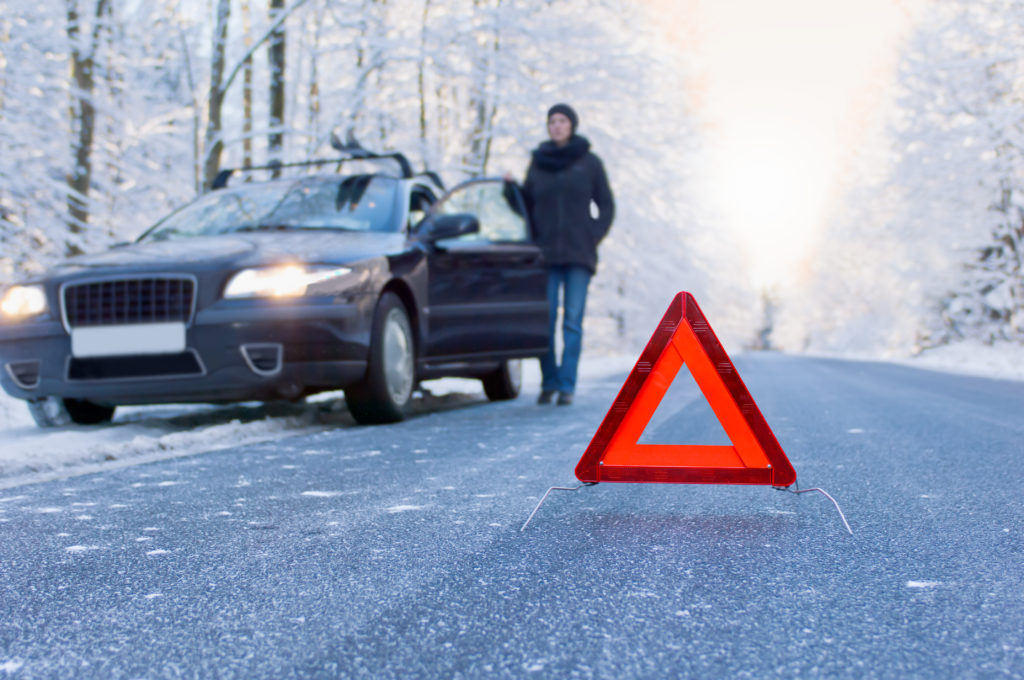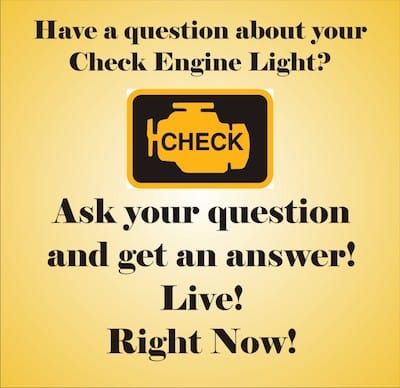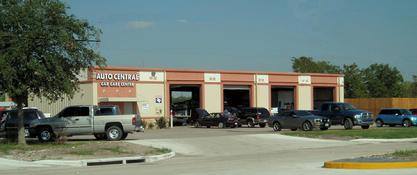Many Southern drivers enjoy the rewards of snow free roads and sunny days, but keep in mind that even a short drive North can put you in the middle of frigid temperatures and slick roads. Whether you are navigating the sunny roads of Texas or driving over hill and dale this winter remember I’m always here to help with your vehicle questions.
-Lynn Beckwith, That Car Lady Lynn@ThatCarLady.com
These cold weather tips are brought to you by guest blogger Keith Jacobs with carupkeep.info.
Whether you want to admit it, winter is here. And along with the snowflakes of the season come special considerations when you’re behind the wheel. Snow, ice, and longer nights make the highways and byways a dangerous place. However, it is possible to lessen your chances of experiencing a roadside emergency this winter. And with a bit of preparation, you can get through a crisis without undue stress.
Here are a few tips, whether you are a winter road warrior or a reluctant roadster.
Start with Service
Before the first snowflake makes its way down from the sky, take the time to have your vehicle inspected. Ask your automobile service provider to perform a winter tune-up, which should include checking your antifreeze and your battery. You’ll also want to swap your windshield washer fluid with one that won’t freeze once it hits the glass.
As the temperature drops, you will need to confirm that your heating system is working the way it should. To do this, start the vehicle and let it run for about five minutes. Then, turn the heat on full blast. If it is still cold, you might not have enough coolant, or worse, there may be a problem with the heater core. Bryant Motors of Sedalia, Missouri, explains there are many reasons for heating failure. These also include broken controls and water leaks.
Once all systems are go, take a look at the exterior of your vehicle. Pay special attention to your tires. This is especially important if you drive a larger vehicle, such as a truck, that you feel comfortable getting out on slick roads. Firestone explains that you can check your tire tread with nothing but a penny. Pop it headfirst between the lines. If you can see Lincoln’s entire face, it’s time to change. Before you spend $500 or more on new tires, however, look for reviews, so you know you are not putting four duds between you and the road.
Insurance Matters
Before we get to the emergency equipment you should keep in your vehicle, it’s worth mentioning that now is also a great time to check your vehicle insurance coverage. No matter how much preparation you do, it’s always possible that you’ll have an accident when you least expect it. Take a quick peek at your insurance papers. Look to see if you have enough coverage – or if you have coverage and riders that you don’t need. If you think it’s time for a change, compare prices online for affordable options, whether you want just PIP or full coverage. Keep a copy of your insurance card in your glove box because you will most likely be required to show proof of insurance in case of a fender bender or worse.
Winter Gear
If you have an accident, get stuck in the snow, or skid off the side of the road, you’ll need a few supplies to keep you warm and safe until help can arrive. This includes:
- An old cell phone and its charger; all cellular devices are capable of dialing 911, even if the service has lapsed
- Road flares
- Warm blankets
- De-icer and ice scraper
- Bag of sand; you can use this to provide traction on an icy road or driveway
- First aid kit
- Any medications you or your passengers regularly take
- Flashlight
- Telescoping shovel
- Warm clothes, including an extra pair of gloves, thick socks, and a coat
- Prepackaged snacks, like granola bars and bottles of water
- Coloring books and crayons or small toys to distract young children who are frightened because of a roadway incident
As you can see, the most important steps you can take this winter are not necessarily what you pack in your truck but what you do before you hit the road. However, do make a point to have a few emergency supplies on hand. More importantly, because you never know what lies on the road ahead, always expect the unexpected.
For more great automotive tips check out Keith Jacobs with carupkeep.info.












